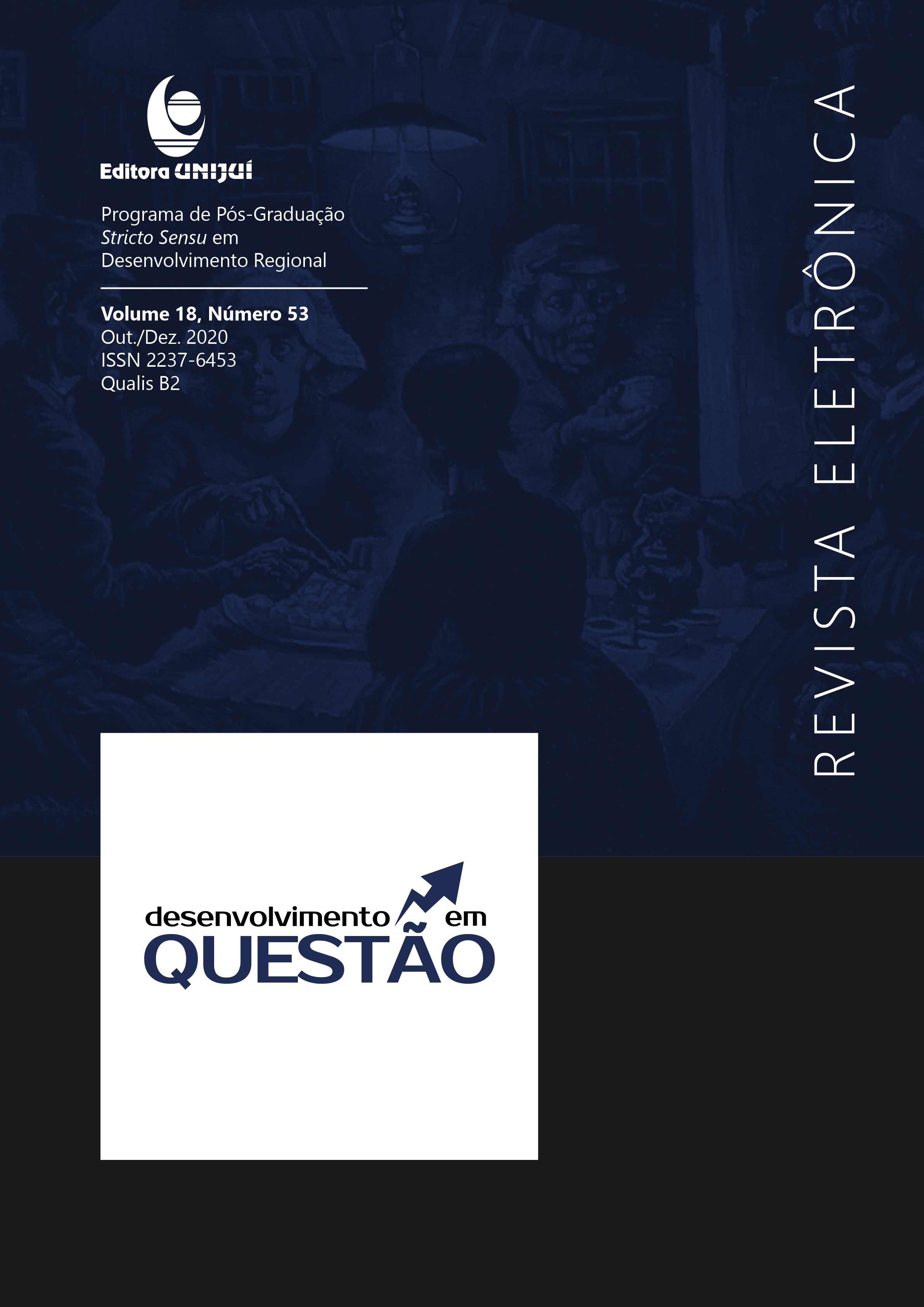YOUNG LEARNING IN THE SCENARIO OF PUBLIC EMPLOYMENT POLICIES
DOI:
https://doi.org/10.21527/2237-6453.2020.53.369-385Keywords:
Young Apprentice. Learning Law. Public employment policies. Regional Economic Development.Abstract
The present study aimed to situate and debate the Law of learning as a factor of insertion of the young apprentice in the job market. Approach the Law of Learning in order to stimulate reflection on the importance of social interaction for the transformation of work relationships, contributing to regional development. The theoretical foundation deals, in addition to regional economic development, the Law of learning and its relevant aspects, knowing that compliance with quotas is a public policy for the prevention and eradication of child labor. Talking about the qualification for the job, which goes through education, while professional training. Bibliographic, documentary and explanatory research was used. To support the present study, Frigotto's development theory (1989) was used, which postulates the link between development and the overcoming of social inequality through qualification. The Law of Learning, as a public policy, was designed to regulate the methodical technical-professional training of adolescents and young people, developed through theoretical and practical activities. In short, the apprenticeship program can supply the initial insertion difficulties. As a public policy, it is a requirement that it should undergo changes to improve its scope. Once implemented, it will guarantee the student's training and contribute to their insertion in the job market. For the development of this study, we sought the repository of concepts that requires theoretical research in documents, books and scientific articles.
Downloads
Published
How to Cite
Issue
Section
License
By publishing in Revista Desenvolvimento em Questão, authors agree to the following terms:
All works are published under the Creative Commons Attribution 4.0 International License (CC BY 4.0), which allows:
Sharing — to copy and redistribute the material in any medium or format;
Adaptation — to remix, transform, and build upon the material for any purpose, even commercially.
These permissions are irrevocable, provided that the following terms are respected:
Attribution — authors must be properly credited, a link to the license must be provided, and any changes made must be indicated.
No additional restrictions — no legal or technological measures may be applied that legally restrict others from doing anything the license permits.
Notices:
The license does not apply to elements that are in the public domain or covered by legal exceptions.
The license does not grant all necessary rights for specific uses (e.g., image rights, privacy, or moral rights).
The journal is not responsible for the opinions expressed in the articles, which are the sole responsibility of the authors. The Editor, with the support of the Editorial Board, reserves the right to suggest or request modifications when necessary.
Only original scientific articles presenting research results of interest that have not been previously published or simultaneously submitted to another journal with the same purpose will be accepted.
Mentions of trademarks or specific products are intended solely for identification purposes and do not imply any promotional relationship by the authors or the journal.
License Agreement (for articles published from 2025 onward): Authors retain the copyright to their article and grant Revista Desenvolvimento em Questão the right of first publication.











